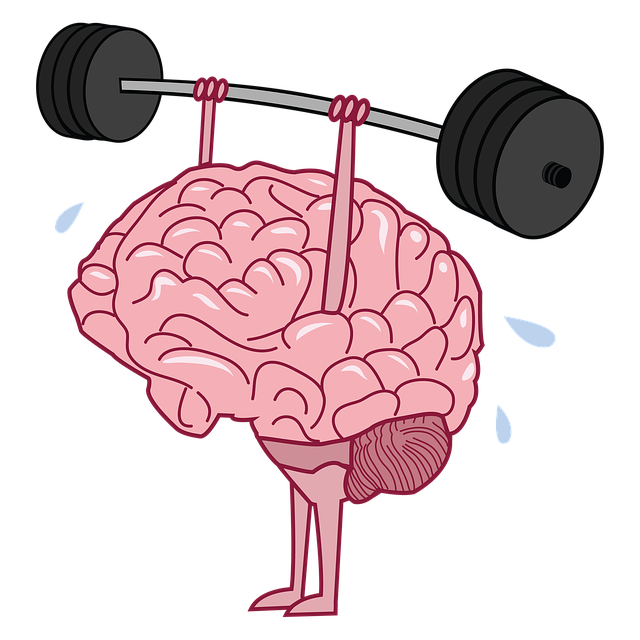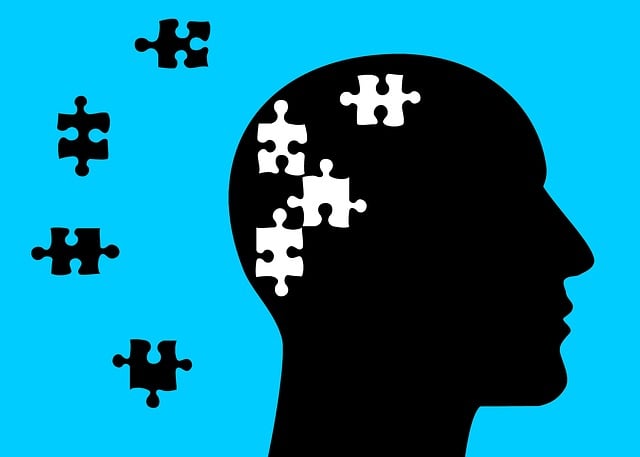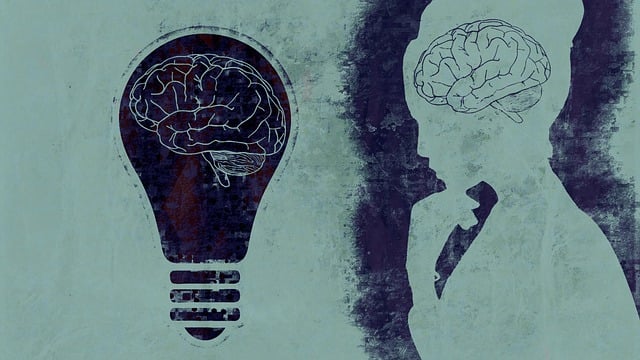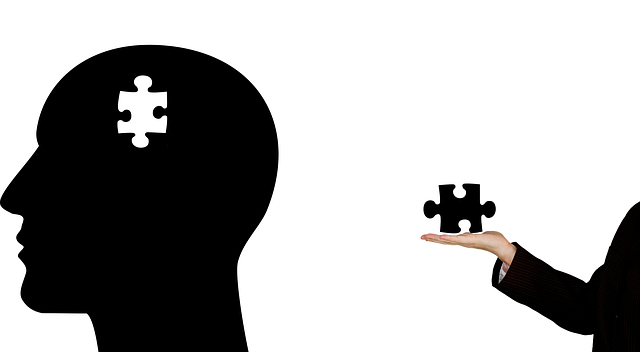Mental wellness is key in managing chronic pain, as it deeply influences overall health. Effective therapy involves raising mental health awareness and teaching skills like stress management, mindfulness, and healthy lifestyles. Cognitive-behavioral therapy (CBT) and culturally competent care improve quality of life by addressing physical symptoms and emotional well-being. Beyond medication, personalized approaches include CBT to reframe negative thoughts and build resilience through practices like meditation and physical activity. This holistic Therapy for Chronic Pain approach complements medical treatments, fostering a balanced mindset and improved quality of life.
Mental wellness promotion is a vital strategy for managing chronic pain, a growing concern worldwide. This article delves into the intricate relationship between mental health and persistent pain, exploring how therapy can be a powerful tool in alleviating chronic pain symptoms. We discuss various therapeutic approaches and provide practical strategies to integrate mental wellness practices into daily life, offering a holistic approach to overcoming chronic pain and enhancing overall well-being. Discover effective ways to combine mental and physical care through therapies tailored for chronic pain relief.
- Understanding Mental Wellness and Its Connection to Chronic Pain
- The Role of Therapy in Managing Chronic Pain
- Different Types of Therapies for Chronic Pain Relief
- Strategies for Integrating Mental Wellness Promotion into Daily Life
Understanding Mental Wellness and Its Connection to Chronic Pain

Mental wellness is a crucial aspect of overall health, encompassing our emotional, psychological, and social well-being. When we talk about mental wellness, it’s essential to recognize its intricate connection with chronic pain. Chronic pain conditions can significantly impact an individual’s mental state, leading to increased stress, anxiety, and even depression. Understanding this relationship is vital in promoting holistic well-being, especially for those seeking therapy for chronic pain.
Mental health awareness plays a pivotal role in managing chronic pain effectively. By developing coping skills, individuals can better navigate the challenges associated with persistent pain. This includes learning strategies to manage stress, practicing mindfulness techniques, and adopting healthy lifestyle habits. Such approaches not only alleviate mental distress but also enhance one’s ability to cope with physical discomfort, fostering a more positive and resilient mindset.
The Role of Therapy in Managing Chronic Pain

Chronic pain is a complex condition that significantly impacts an individual’s quality of life and overall mental wellness. Therapy plays a pivotal role in managing this persistent issue, offering more than just medication. Through various therapeutic approaches, individuals can learn to cope with chronic pain on both physical and emotional levels. Cognitive-behavioral therapy (CBT), for instance, helps patients challenge negative thought patterns related to their pain, thereby improving mood management and enhancing emotional well-being promotion techniques.
A comprehensive approach to therapy involves not only addressing the physical symptoms but also fostering cultural competency among healthcare providers. This ensures that patients from diverse backgrounds receive tailored care that respects their unique cultural beliefs and practices. By integrating these aspects, therapy becomes a powerful tool in breaking down barriers to treatment, ultimately enabling better management of chronic pain and improving overall mental wellness.
Different Types of Therapies for Chronic Pain Relief

Chronic pain is a complex issue that requires tailored solutions. Beyond medication, several therapeutic approaches offer hope and relief. One such method is cognitive behavioral therapy (CBT), which helps individuals manage pain by changing their thinking patterns and coping strategies. CBT teaches patients to challenge negative thoughts associated with their condition, thereby reducing the psychological impact of chronic pain.
Another effective strategy is mindfulness-based interventions, like meditation and yoga. These practices foster a mindful awareness of bodily sensations without judgment, enabling individuals to navigate pain in a more accepting and less reactive manner. Additionally, community outreach programs focused on pain management can facilitate support networks and education, empowering patients with knowledge and tools for coping. For healthcare providers, integrating burnout prevention strategies and conflict resolution techniques is crucial in maintaining consistent care quality over time.
Strategies for Integrating Mental Wellness Promotion into Daily Life

Integrating mental wellness promotion into daily life requires a multifaceted approach that caters to various aspects of our being. One effective strategy is resilience building, which equips individuals with the tools to navigate challenges and setbacks with greater ease. This can involve practices such as mindfulness meditation, regular physical activity, and maintaining strong social connections. By fostering inner strength development, people become better equipped to handle stress, enhancing their overall well-being.
Additionally, incorporating strategies for anxiety relief is vital. Techniques like deep breathing exercises, cognitive behavioral therapy (CBT), and engaging in hobbies can significantly reduce anxiety levels. For those managing chronic pain, integrating mental wellness practices can be transformative. Therapy for chronic pain often addresses the psychological aspects of living with ongoing physical discomfort, providing valuable coping mechanisms that complement medical treatments. This holistic approach ensures a more balanced and resilient mindset, contributing to improved quality of life.
Promoting mental wellness is an integral part of managing chronic pain, as it recognizes the deep connection between a person’s emotional state and physical well-being. By integrating strategies from various therapy types, individuals can navigate their pain journey with increased resilience. Understanding and adopting practices that nurture mental health enables people to actively participate in their care, fostering a holistic approach to relief that goes beyond mere symptom management. With dedication and the right tools, it’s possible to embrace a life where chronic pain is manageable, allowing for a better quality of life.









